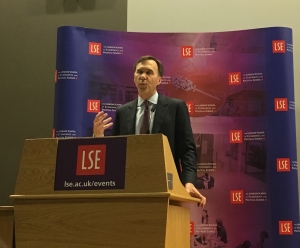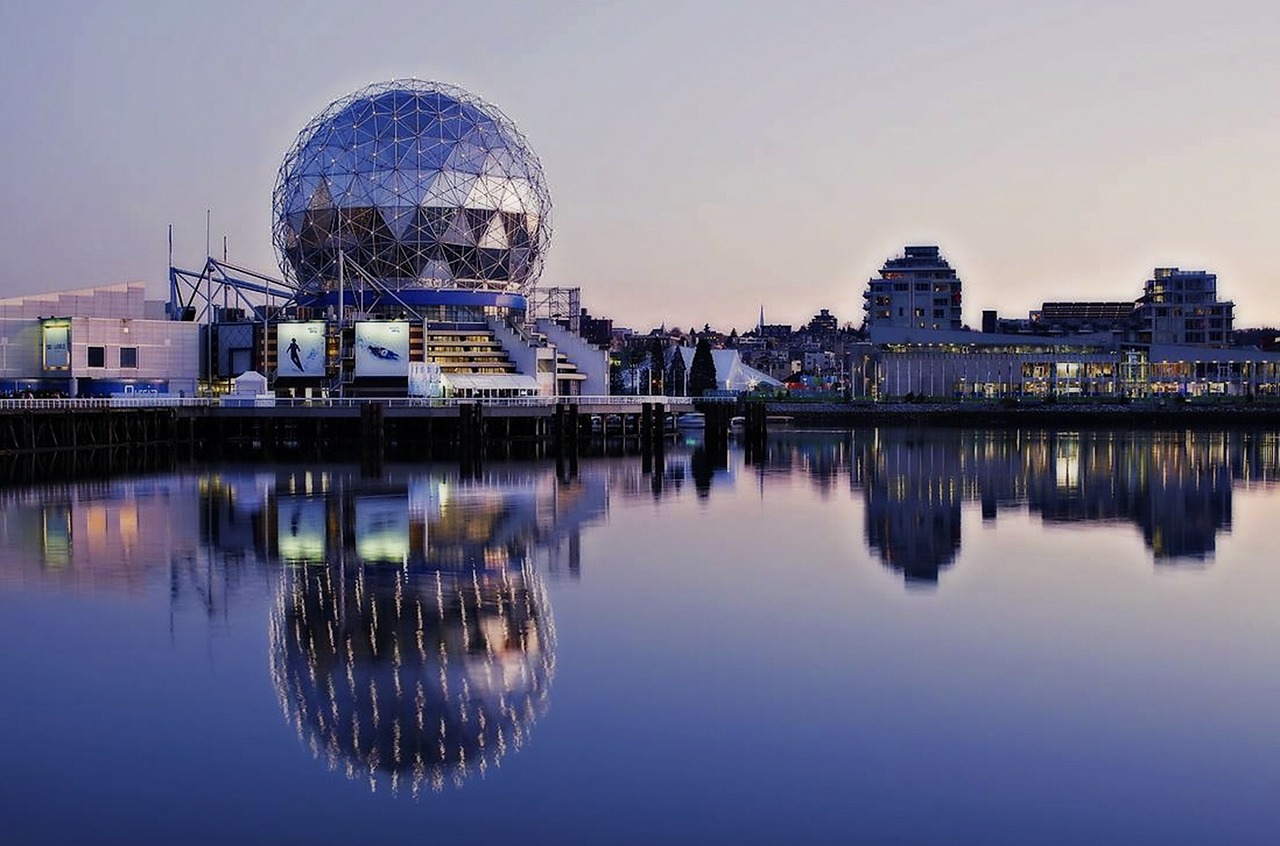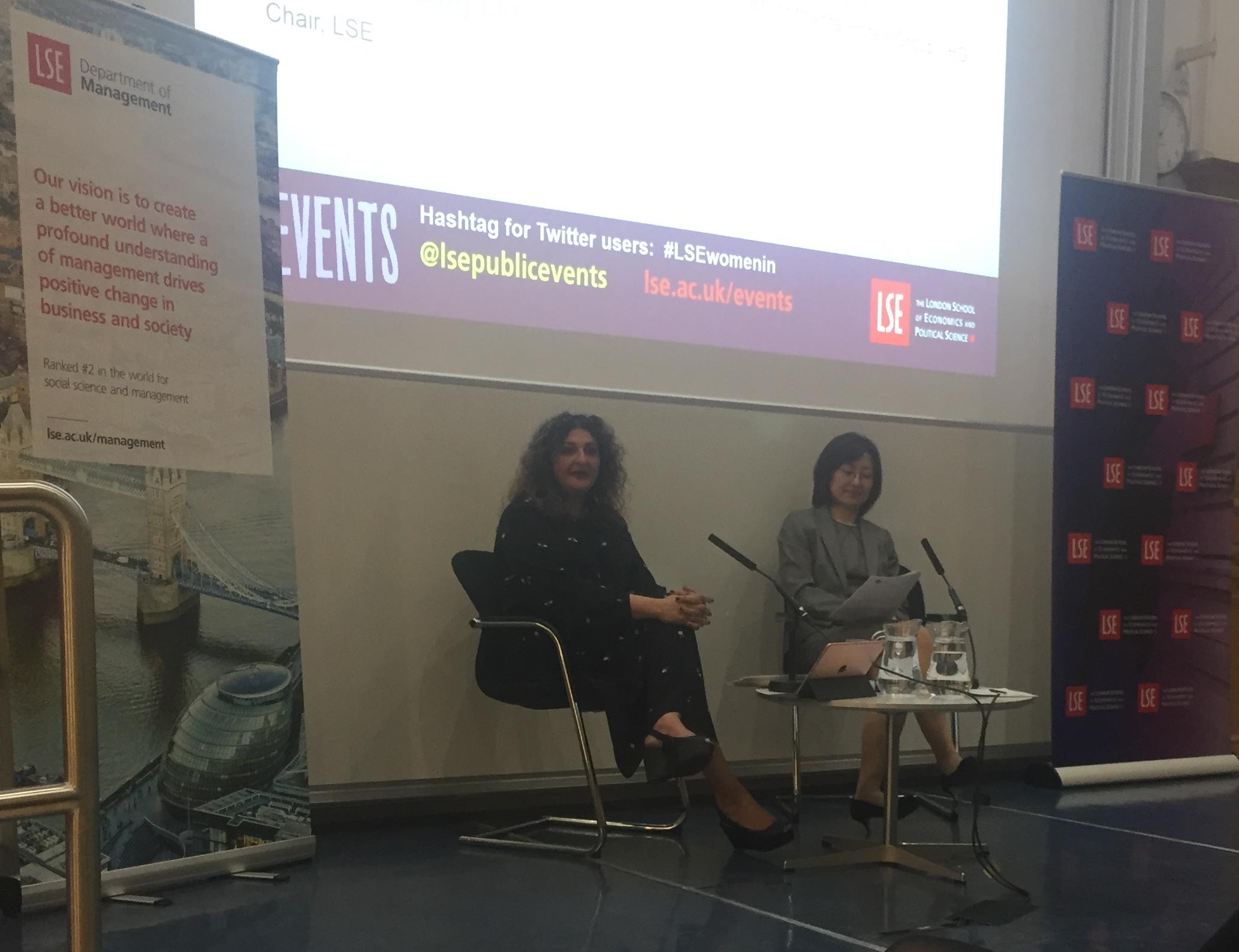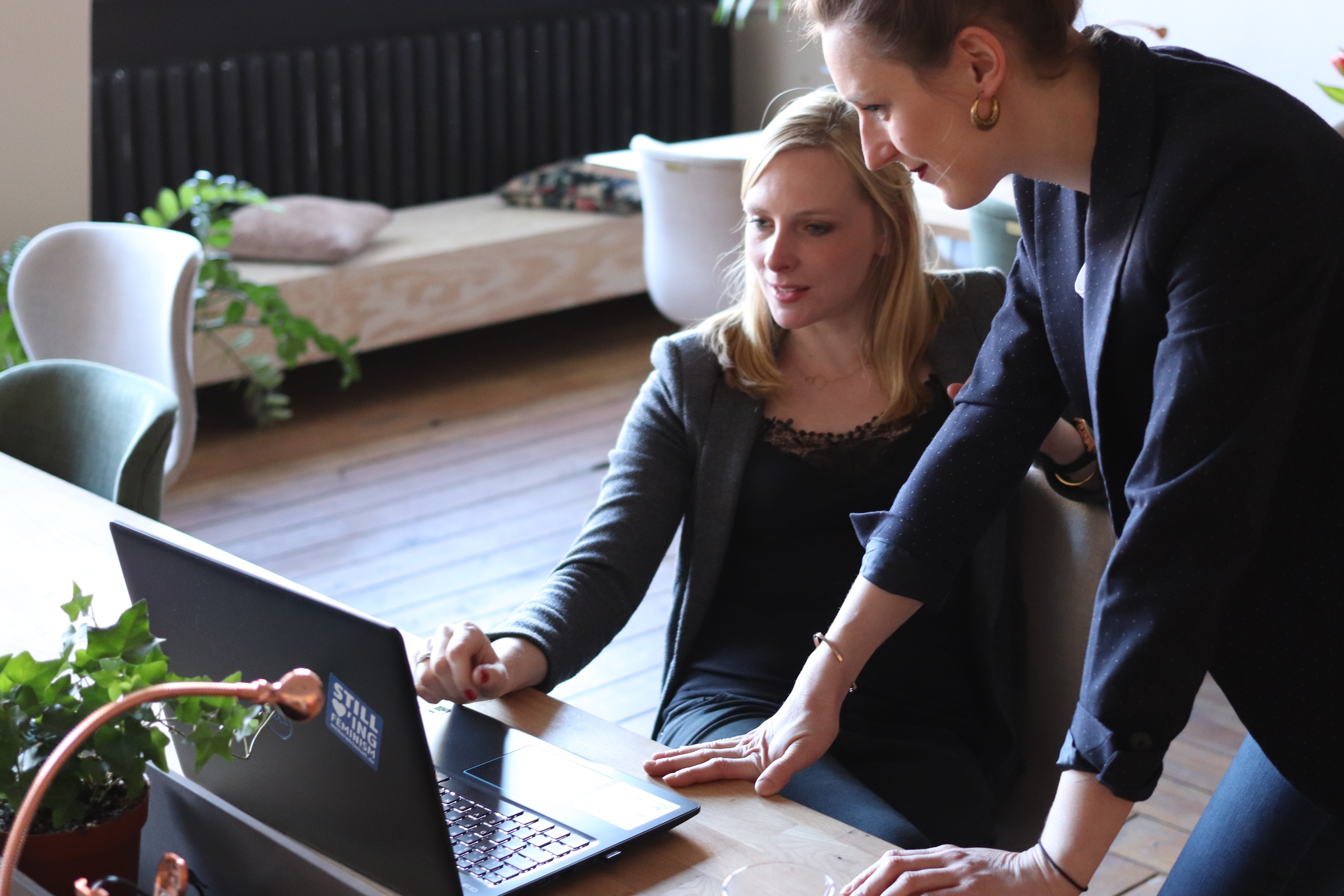Coming to LSE, one of my main goals was to make the most of my opportunities I have. I’m sure everyone has those aims before coming to university, but for me it was making sure I stick by it. As a first year Master’s in Management student, I had the unique chance to attend this intellectually stimulating lecture by Bill Morneau as part of LSE’s famous Public Lecture series.
I hear a lot about politics during my lectures and being in a political and social sciences school this opportunity was a good start to achieve my personal objective; to gain an understanding and learn about the idea of inclusive growth.
Did you know Honourable Bill Morneau is an Alumnus of LSE? For all the Canadians out there, I’m sure you know whom I’m talking about. For those who do not know, Bill Morneau was elected as the Finance Minister of Canada in 2015 to work alongside Prime Minister Justin Trudeau.
Graduating from LSE with a Master’s degree, he worked and grew his family business exceptionally from a few hundred to about 4,000 people. He also founded a school for Somali and Sudanese youth in an African refugee camp. Currently, he represents citizens in the Toronto Centre alongside his role in the Canadian government.
 It was great to have him back to share some anecdotes about his time in London and also share his views about how along with Professor Wouter Den Haan, from the Department of Economics at LSE, about how Canada has invested in ‘Inclusive Growth’ since he became the Minister.
It was great to have him back to share some anecdotes about his time in London and also share his views about how along with Professor Wouter Den Haan, from the Department of Economics at LSE, about how Canada has invested in ‘Inclusive Growth’ since he became the Minister.
Being a complete outsider to the Canadian economy, the idea of Inclusive Growth was intriguing allowing me to learn something new.
Speaking about Canada’s global leadership when it comes to attracting investment and talent, he discussed some insightful factors that some countries do not pay much attention to. It is nothing new that we see an unequal distribution of income where the benefits of growth do not go to the whole society but disproportionately to the wealthiest 1%.
Personally, coming from India, this was an issue I have always seen. Listening to a country taking measures to change their future was really admirable.
I was impressed to hear the measures taken by the Canadian government in the past year, focusing around bridging the income gap and aiming to reduce poverty. Three key measures implemented included:
- Raising taxes for the wealthiest 1% while lowering the taxes for the lower and middle-class
- Providing families raising children with an increased income of about $2300
- Increasing student grants by 50% for lower and middle income household – Students do not have to pay the loan back until they earn $25,000 per year
To bring about long-term change, the initiative needs to be taken by someone. In the past year, Canadian government has done exactly that. The International Monetary Fund (IMF) has predicted that Canada will have the highest economic growth over the next 5 years with their highly skilled and diverse labour force.
With new procedures implemented and the idea of Inclusive Growth, Canada has changed from being just a small trading country to an attractive space for businesses to invest and expand.
Canada’s long-term economic vision is an example for other countries. Helping the vulnerable, providing opportunity for the middle class and benefitting growth going to all cohorts of the society with the hope of a successful future.
While the current Canadian government is taking steps to bridge the gap, the uncertainty surrounding the future with the recent US elections seems to loom over their heads as well. I’m sure that is a concern shared by many.
Mr. Morneau had an optimistic view to the situation commenting that Canada would continue the free trade with the US and include Mexico to take part as well. It is essential to keep their strong relationship and to continue to be mutually advantageous to all three countries.
It was an insightful talk, and it really taught me so much about how a country can create aims to get better, and set an exceptional example for the world to follow.
Given these wide opportunities at LSE, I would encourage everyone to make the most of these chances and to be curious about what is happening. That is what university is about, isn’t it? People from all over the city of London come to listen to these talks and while these happen at our easy reach, why not?
Learn more about our Global Master’s in Management programme






